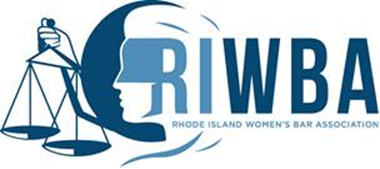In 2025, we presented Jennifer Griffith, Legal Counsel to the Rhode Island Secretary of State and Former Child Advocate for Rhode Island, with the Ada Sawyer Award. Jennifer was selected because of her life-long commitment to public service and inspiring story of personal resilience. She has spent her career dedicated to the people and particularly the children of Rhode Island, and has never been afraid of speaking truth to power. Her story continues to inspire lawyers across the state to lead with integrity, compassion, and courage.
Street Address
City, State, Zip
Phone Number
Rhode Island Women's Bar Association
Your Custom Text Here
